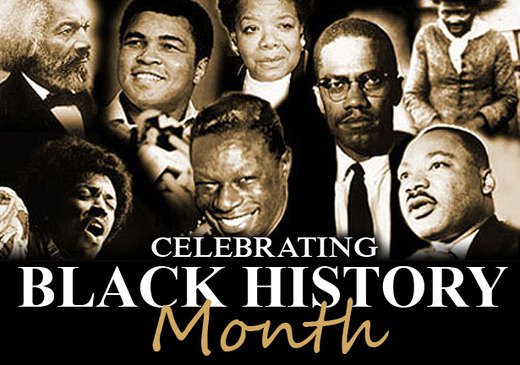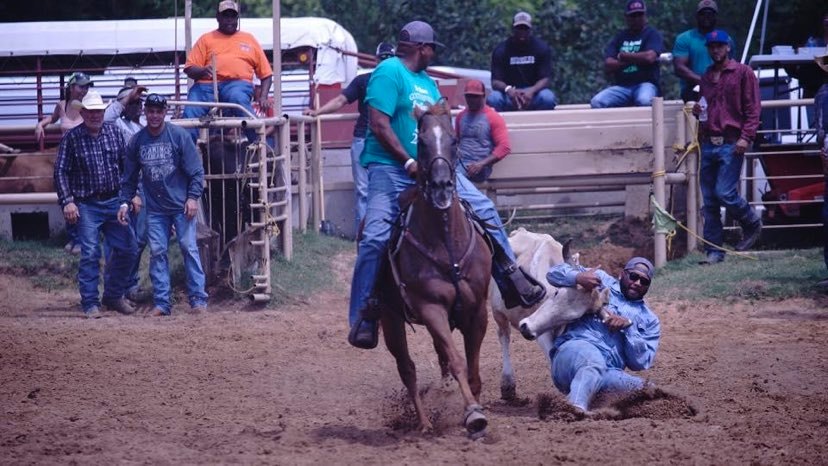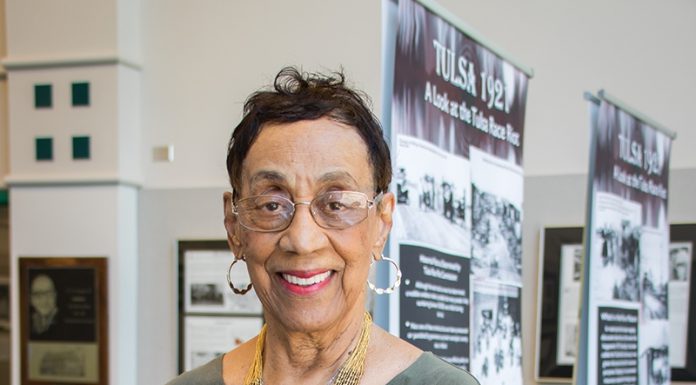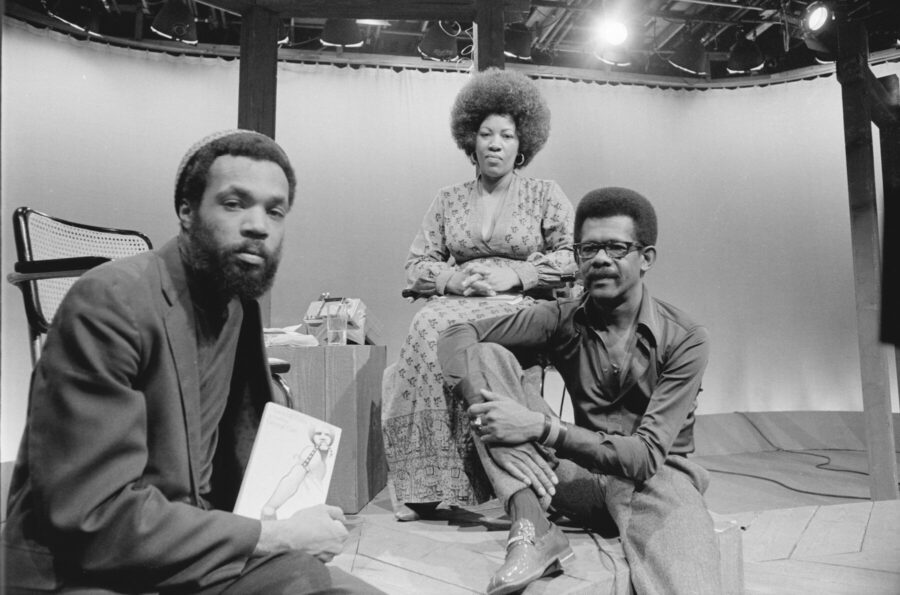
Black History Shouldn’t Be An Ordinary Month
America sets aside February to remember Black History Month. At the time many in this country did not realize that despite everything that came out of the black experience, there were great accomplishments that were largely unknown. This was important for black Americans who suffered greatly yet achieved greatness. It could be reasoned that it instilled pride and a sense of hope. Perhaps the life and times of black Americans are to be learned in order to walk into the future.
For Tulsa, February is a good time to start thinking about how to recognize Black History this year and beyond. It will be good to remember those dark days in 1921, and to work on a better future. However, is there a lesson to be learned from those days when humanity took a holiday and primal hatred bared its ugly soul? The lesson is not that hatred existed then as it does now, but it is to inform what we do in the face of violence, intolerance, and rage?
In the aftermath of the race massacre, black churches emerged from the ashes and filled the gap in many cases. Answers were offered as the smoke still smoldered from what once was. Many left Tulsa, some were buried along with the guilt of those who brought down death and destruction. It could be reasoned that an acceptance of the horror was offered to make sense of the brutality of racism. Some suggest the most difficult parts of the world’s great religions is forgiveness. To turn the other cheek, to love our oppressor without qualification. To forgive our trespasses, debts, and sins as we forgive others. Some argue these simple words are indeed the hardest to follow. Somehow the elders who rebuilt on land scarred with death and destruction found some measure of this tenant. This no sermon but a history lesson.
But, what of our oppressors and those who continue to bring harm to the children of Greenwood? Truly all that can be done is leave the door open to better behavior. As Dr. Martin Luther King, Jr. proved it has provided the lasting change of brotherhood. If hatred solved anything, there would be no evidence of a once thriving community and the rebirth. But there is still a Greenwood district and many who proudly call her home. That is a history worth remembering and using in moving forward into the future.
Oklahoma Anti People Of Color Laws Are Surely Unconstitutional
Pipeline interests no doubt watched in horror as Native Americans, environmentalists or anyone who likes clean drinking water, fought to stop the XL Keystone Pipeline in North Dakota several years ago. A coalition of nearly every native American community converged on the site to try and stop the pipeline that would jeopardize drinking water not only for tribes but for much of middle America. Water protectors were joined by many other Americans who understood the native plight.
Friends of the pipeline in the North Dakota have been busy trying to keep another Standing Rock protest from reoccurring. They first tried to enact a law that relieves a driver of liability if they hit a protester on the road. Fortunately, that law failed to pass in a close vote. That did not keep North Dakota and Oklahoma from passing laws that make it a felony to protest pipelines because they serve as critical infrastructure. Apparently, pipelines are more important than people.
During Tulsa’s nonviolent protest in the wake of the George Floyd killing, some protesters blocked traffic on 244. A trailer barreled through the crowd and Ryan Knight was pushed over the bridge and fell 20 feet. The subsequent injuries resulted in a broken neck and he is now paralyzed. Senate Bill 560 is a proposed law authored by State Senator Nathan Dahm, a republican from Broken Arrow, and aims to protect drivers who try to escape protesters who illegally block a road or if they are surrounding their vehicle. Hope this law is defeated for essentially telling black protesters they may get run over with no consequences for protesting. Native Americans you cannot protect your water or risk a felony. That law makes supporting water protectors a felony as well.
While nothing prohibits a state from enacting racist laws and denying free speech, they will have to be challenged and some poor soul will have to risk jail time for exercising their constitutional right. “Congress shall make no law respecting an establishment of religion, or prohibiting the free exercise thereof; or abridging the freedom of speech, or of the press; or the right of the people peaceably to assemble, and to petition the Government for a redress of grievances.” Of course, racist laws meant to tell people of color to shut up are not in line with the spirit of the First Amendment of the United States Constitution.
As we continue this march of upholding basic human rights, we must also stay vigilant to fight attempts to illegally strip our rights to speak truth to power.
Maxine Horner Left Her Mark On Tulsa North
Maxine Horner who spent much of her adult life as a State Senator was a crucible for education and making sure the survivors of the Tulsa Race Massacre were never forgotten. It would be easy list her legislative accomplishments in remembering her, but that would almost be a disservice to a life well lived. She passed from this life at the age of 88.
Others knew her for her support for education and others remember her for her statesmanship she exhibited in her professional life. Her heady and mature approach to serving her community made her effective and beloved.
Horner brought her community to the finish line in recognizing the 100-year remembrance of the 1921 Tulsa Race Massacre. Here is hoping her lifetime support of shedding light on this dark day is never forgotten.










